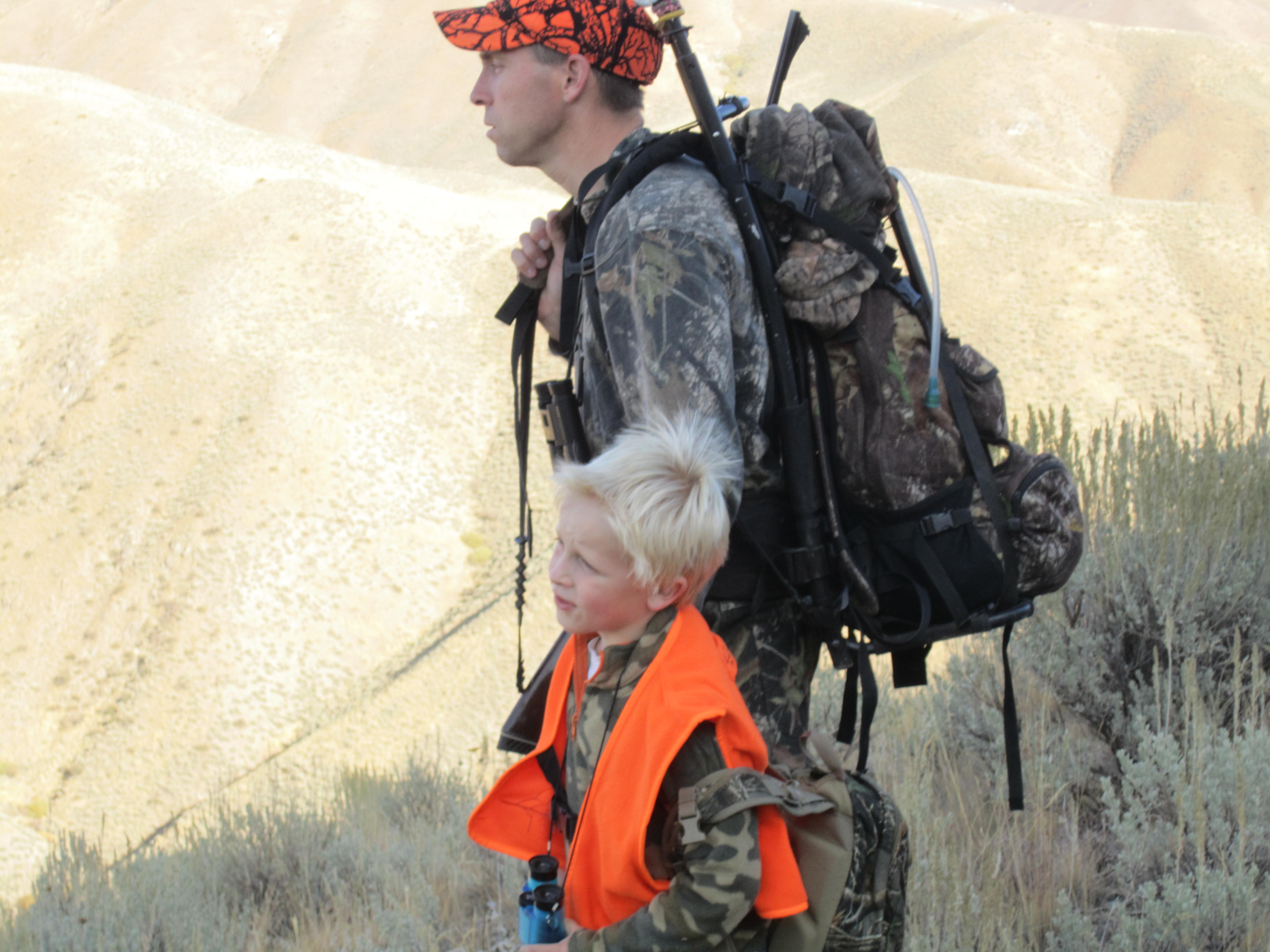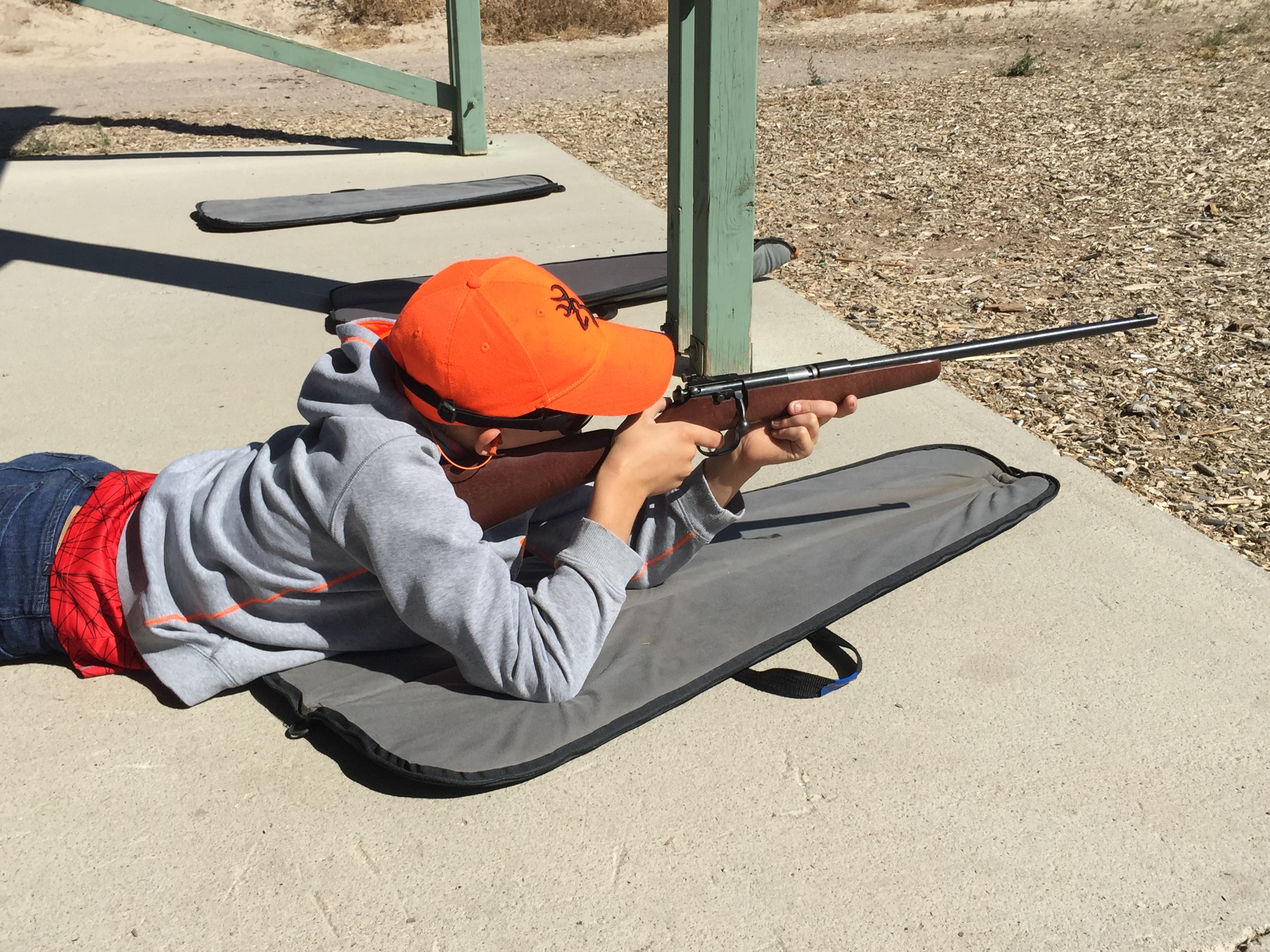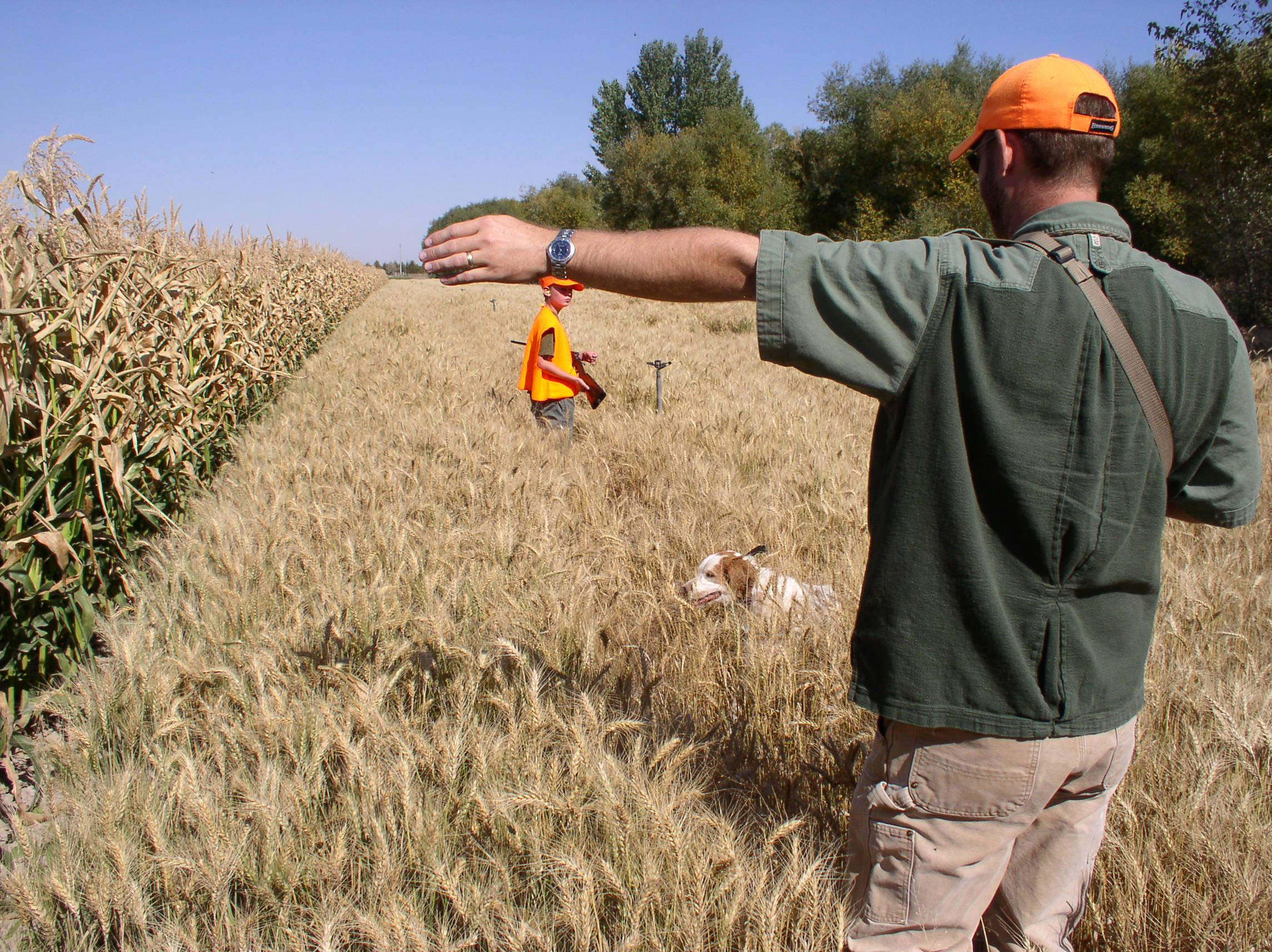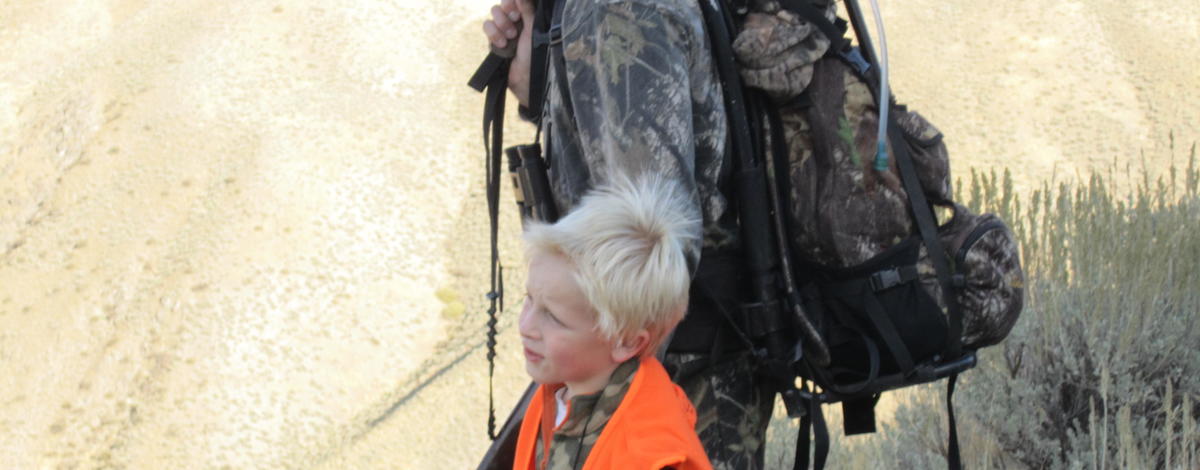
With all of today’s distractions, getting a child or teen interested in hunting may seem daunting. Sports, friends and computer games all compete for our children’s attention. If there is a youth you would like to get interested in hunting, here are some things to keep in mind.
• Start young and give them a job – Let younger children participate in the adventure. Even a four or five year-old can contribute. Buy children-sized binoculars and have them look for animals and signs of game. Children love compasses; they can be the guide and keep everyone going in the right direction. Let children take pictures to record their favorite parts of the hunt.
• Take breaks to appreciate the small things – Make hunting more about the experience than harvesting an animal. Sit down, rest and take brief moments to look at the beauty of nature. It’s amazing how a child can remind of us of the wonders in everyday events.
• Pack lots of snacks and water – No one likes a hungry, cranky person.
• Take Hunter Education with your child – Be involved, show interest and make sure your child understands the importance of what is taught.
• Invest in appropriate clothing, safety equipment and a firearm that fits your young hunter – Hunting and shooting should be fun and injury free. A properly sized firearm will help to avoid shaking arms and sore shoulders, increasing control and safe handling of the firearm.

• Let your child practice at the firing range – Knowing how a firearm works and feeling comfortable shooting will help insure a hunting trip free of frustration for everyone.
• Start small and look for youth only hunts – Big game hunting may be intimidating for first-time hunters, so start youth out hunting small game and birds. Youth only hunts are often at the beginning of seasons when game is less likely to startle, and kids can experience hunting without competition from more experienced hunters. Here are some small game hunts that are great opportunities for young hunters.

• Leave your firearm at home – When taking first-time hunters out, make the experience all about them. Devote your attention to helping youth become safe and attentive in the field.
• Be positive and encouraging – Remember the feelings of trepidation when you were a first-time hunter. Don’t press taking a shot. Help new hunters recall the elements that make a shot safe or unsafe.

• Know when to call it a day – If tiredness, frustration and lack of interest start to show, end the hunt before the whining starts. Always try and end on an optimistic note, even if nothing was harvested. Help young hunters remember seeing amazing wildlife and landscapes. Share your favorite parts of the hunt. Often just spending time together outdoors makes a day special.

